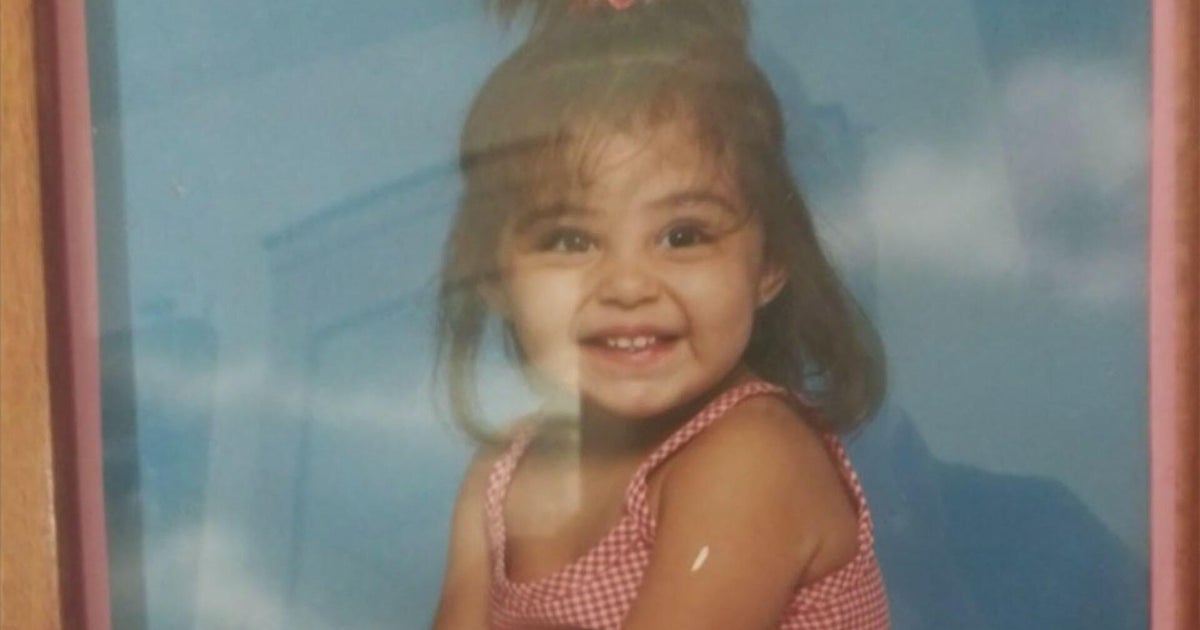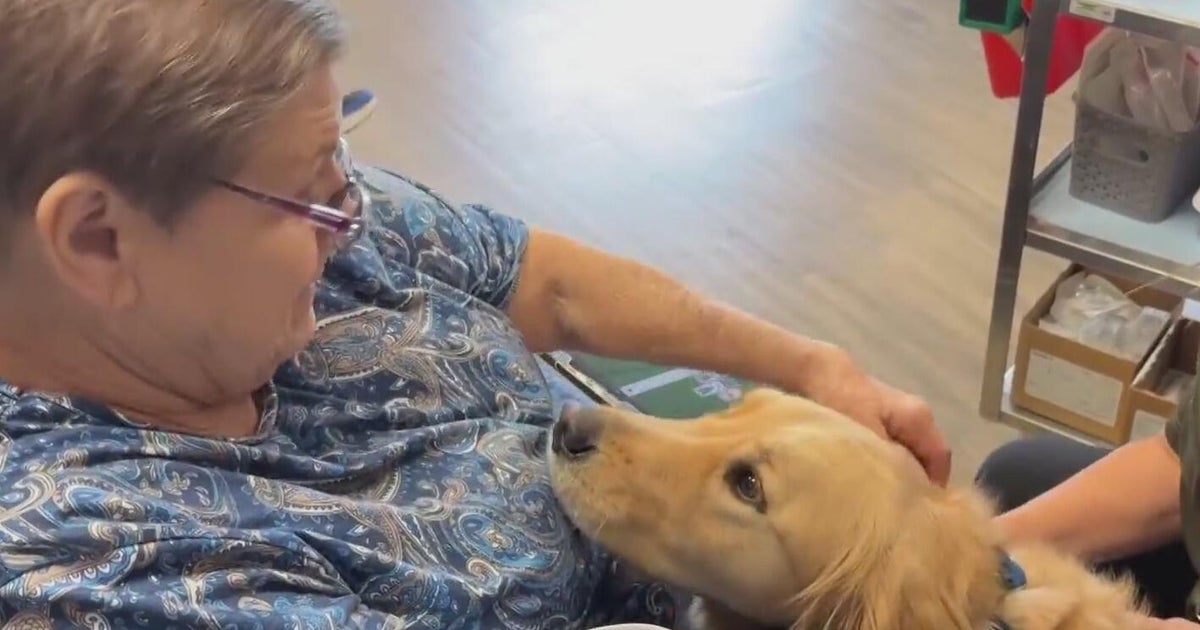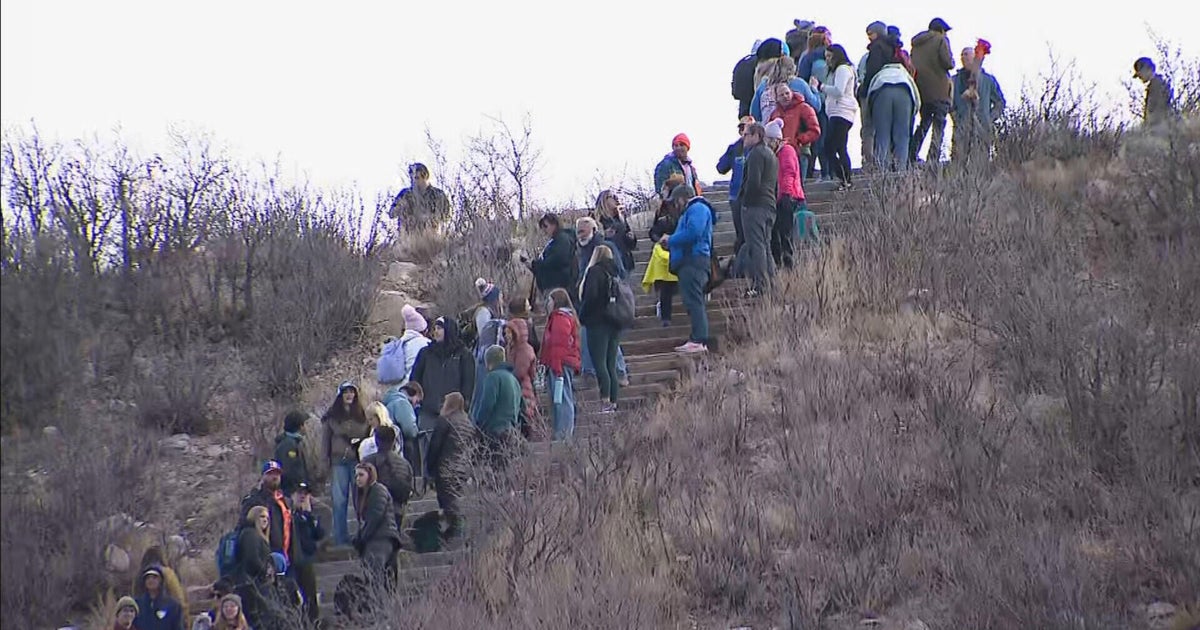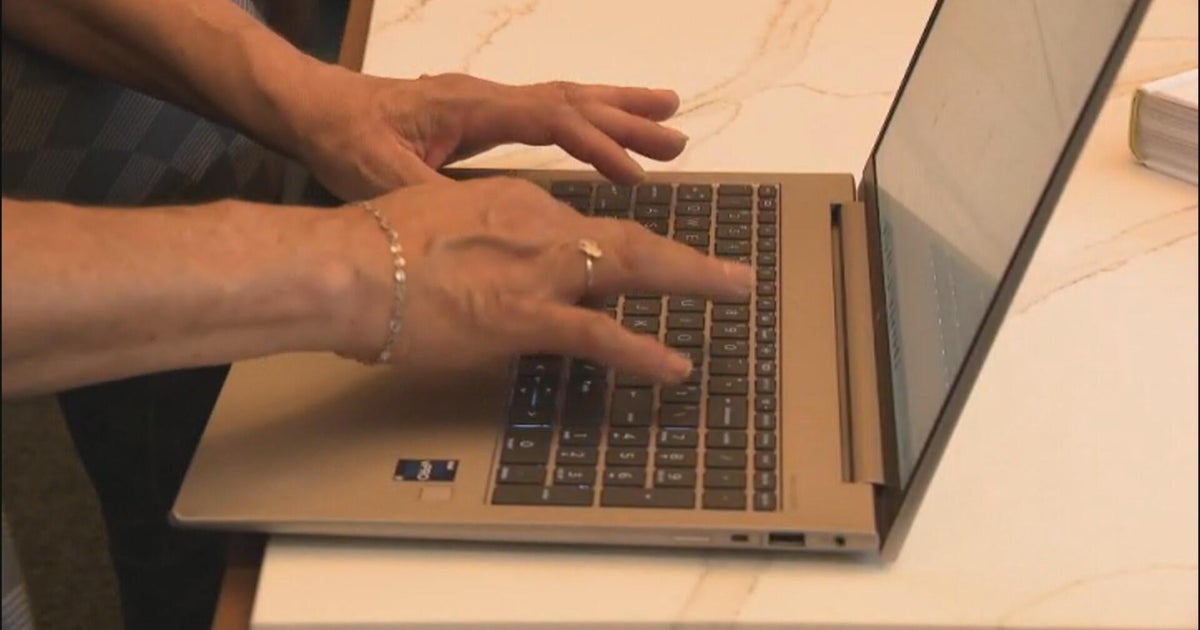Harmful Gene Increases Breast Cancer Risk
EULESS (CBSDFW.COM) - Jenni Blayer said that this Mother's Day is special because she is able to spend it with her 9-year-old daughter, Hailey. Blayer is a cancer survivor, and she now wants other members of her family to know that they too could have a heredity gene that greatly increases a person's risk of getting cancer.
Blayer discovered a small lump in her chest in 2009. She and her doctor were first confident that it was not cancer, she said, but Blayer learned that she had an aggressive form of breast cancer.
After that diagnosis, Blayer's mother mentioned that her paternal grandmother had breast cancer decades earlier, and that sent Blayer searching for more facts about her family.
Blayer decided to be tested for BRCA1 and BRCA2 -- a harmful gene mutation that greatly increases a man or woman's chances of developing breast cancer. Experts say that a woman with either form of the gene can have a 50 percent to 80 percent chance of getting breast cancer. "I know, carrying the BRCA gene, I have a higher incidence of a secondary cancer," said Blayer. "Not only a secondary breast cancer, but other cancers as well."
That is why Blayer elected to have a double mastectomy, she said.
And Blayer has chosen to talk to her daughter about her cancer and the BRCA gene. "I think knowledge is power, and that she can make decisions when she gets old enough," said Blayer. "Maybe 10 years from now, 15 years from now, they're going to have something that's going to be able to help her, and she's not going to have to go through what I went through."
When a patient tests positive for the BRCA genes, they receive more intense surveillance for cancer. "We would let them know if they're at higher risk. They'd need mammograms earlier," said Lisa Ellsworth, a physician's assistant and genetic educator for Texas Oncology in Bedford. Ellsworth said that mammograms are also done more frequently among patients who have BRCA1 or BRCA2.
Blayer's daughter would not be tested for BRCA until she is 18 or 20 years old. Ellsworth explained. "We don't recommend testing until we have to do something about the result," she said.
Blayer said that this Mother's Day is special because she is healthy and cancer-free, and able celebrate the day with her daughter. "I'm so grateful that I have more time to spend with her," she said.
Also Check Out:







